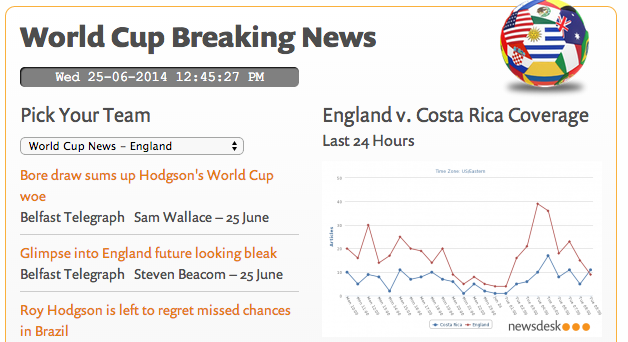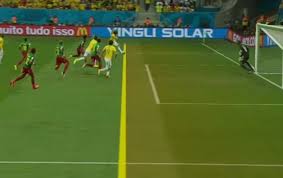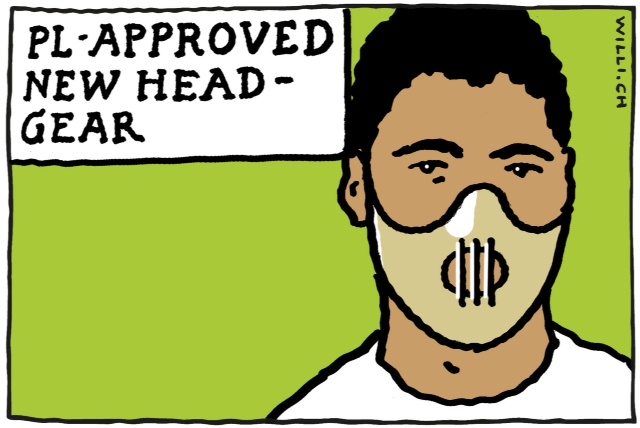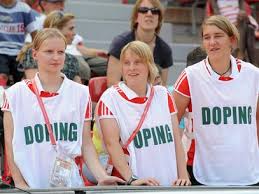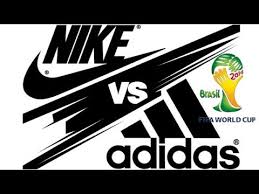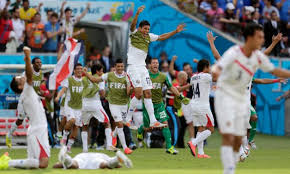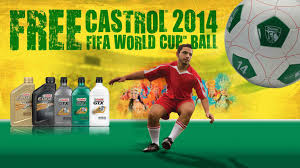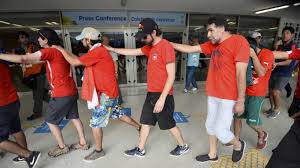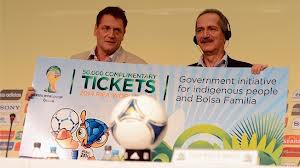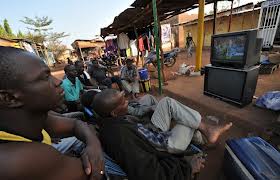Team doctors rule as FIFA medics knockout FIFpro temporary sub idea
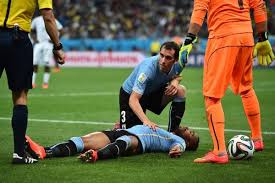
By Andrew Warshaw in Belo Horizonte
June 26 – FIFA medical experts have admitted they are powerless to intervene in cases of concussion if national team doctors decide players are fit enough to continue after taking knocks to the head. The controversial issue has re-emerged at the World Cup after Uruguay’s Alvaro Pereira (pictured) was allowed to continue playing against England after being briefly knocked unconscious in the game between the two sides last week.


